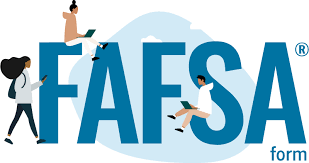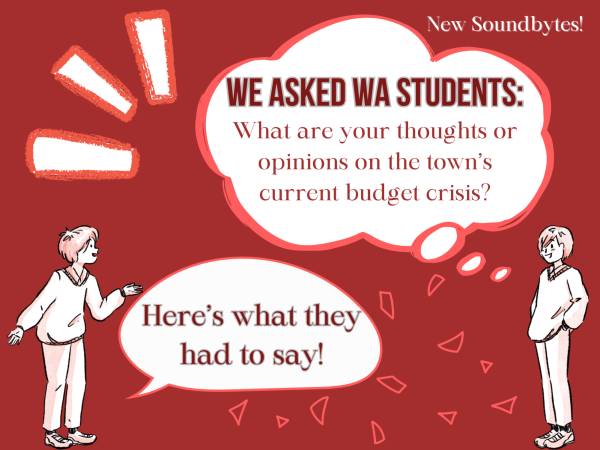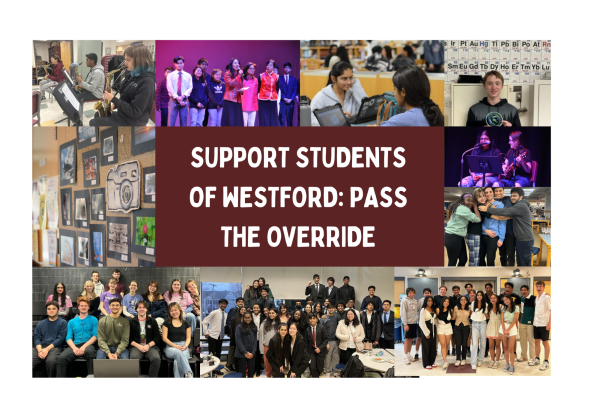The effect of consequences
What steps should be taken to ensure safety
October 31, 2019
In textbook psychology, a child’s beliefs of right and wrong can easily be influenced by the atmosphere around her or him. For example, when a child sees consequences doled out for dishonesty, the punishment reinforces the value that “lying is wrong”. Though this concept is fairly simple in its application in early childhood learning, how does it impact young adults? What happens when questionable behaviors go unpunished?
As students, whether we realize it or not, we continuously evaluate the actions of those around us, particularly our role models, whether they be teachers, parents, or celebrities. When a celebrity we idolize commits an outrageous act, we typically compartmentalize it because the celebrity’s behaviors lie in a world totally separate from our own.
However, when one of our role models, someone we frequently interact with and perhaps unconsciously look up to, makes a mistake, it places our minds in a distinctive conundrum. The bond and trust we have for that individual begin to conflict with our ideas of morality.
More often than not, we end up excusing the infractions made by our role models, placing more of the blame on their circumstances rather than their actions. We focus on the type of person we perceive them to be, neglecting the type of person the allegations make them out to be. Instead of properly judging the actions based on ethics, we extend a degree of leniency towards not only the offender but also to ourselves. Allowing ourselves to find a scapegoat for the situation helps us cope. We struggle to acknowledge the reality of the situation because it takes away from the positive light in which we view our mentors.
Therefore, figures of authority need to recognize the necessity of appropriately reprimanding people, regardless of the scandal it may cause. Punishments set precedence for the behaviors of the rest of society and reinforce the idea that every inappropriate action faces certain.
Consequences aid in shaping a community because they highlight the mistakes made by people and force reflection of situations. By handing out repercussions to people who deserve them, a community is able to display to the rest of its members that there is a standard etiquette that people must follow in order to be viewed with respect.
Our mentors highly influence the decisions we make throughout our lives. Learning from our mentors, we unnoticeably pick up particular characteristics from them that end up blending into our own personalities. Learning through the consequences of our mentors’ poor decisions, we can avoid following their bad behaviors.
Condoning the mistakes made by our role models, power figures send the message to us that there are no repercussions to ill-mannered activities. The message that not all situations will receive appropriate measures conveys to a person that if their role model has the ability to avoid ramifications, then it is publicly acceptable for them to take part in the same affair, even if it may be seen as morally incorrect.
Our suburban town of Westford must do its part in fully recognizing the people who have committed misdeeds. Although our town may be handling the situations behind the scenes, it is understood why our community feels left astray. As a town, it is important that leaders are notifying the public on these affairs and quickly combatting them with an established set of repercussions so that every community member feels safe, respected, and trusted.

















